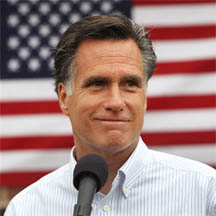In both the Conventions of the Republican and Democratic parties there was no major focus on foreign policy. In fact, apart from John Kerry’s speech and that of Barack Obama, America’s relationship with the rest of the world was given short shrift. But a region like the English-speaking Caribbean has to measure the likely impact of the policies of any administration in Washington, as such policies are likely to have critical consequences for the foreign and domestic policies of the member states of the region. It is therefore worth examining the likely policies to be pursued by Obama if he gets a second term or those of a Romney administration, should the former Massachusetts Gover-nor succeed in unseating the first African-American President.
When it comes to the English speaking Caribbean, President Barack Obama has certain distinct advantages. His election in 2009 was widely acclaimed and he has remained very popular. His re-election is desired, if not expected. Seldom have I seen an American President who has so captured the hearts and imagination of Caribbean people as Barack Obama, with the possible exception of John Kennedy. I have noted, for example, that in a significant number of homes I have visited there are prominently displayed photographs of Obama, his wife and his children. But popularity is not policy.
In Obama’s first term the English-speaking Caribbean was treated as a sub-group of Latin America and the larger Caribbean region. As a consequence it was largely neglected. Obama continued his policy of forging ties with the large states of the region such as Brazil, Mexico, and Colombia. The smaller states, especially those of

